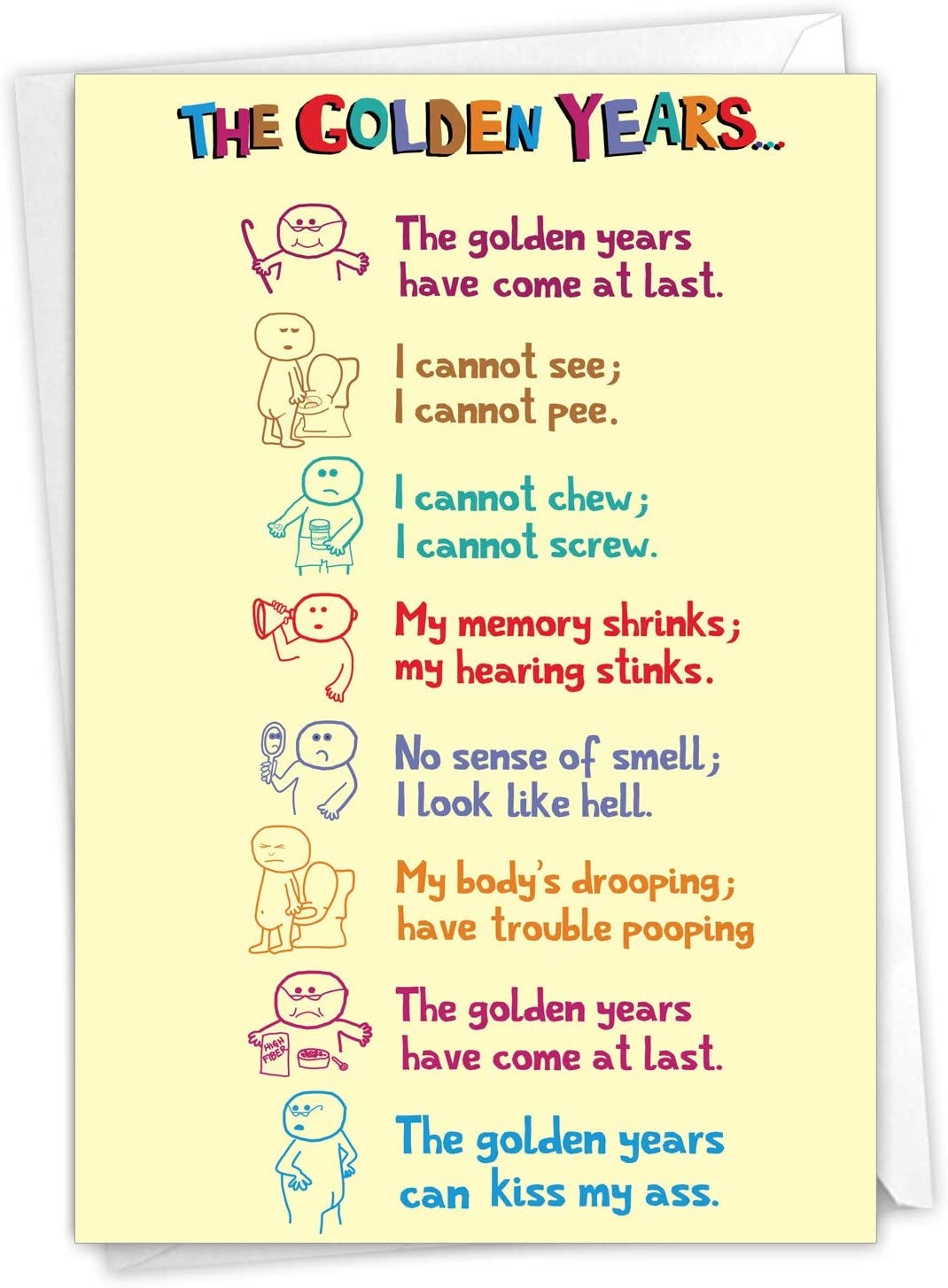Mending a Broken Heart
Not an Easy Task
COVID -19 was deemed an international pandemic by the World Health Organization. School systems closed, companies directed employees to work from home, and hundreds of events were canceled in the midst of a virus that affected over 33. 4 million people around the world. In the United States, more than 597,000 people died. My husband of 62 years was one of them.
It’s interesting. People are led to believe that between the ages of 65 and 80+, they will experience their “golden years.” They are promised flexible schedules that allow them to live their dreams of traveling, doing more with the family, enjoying their accomplishments, and discovering new hobbies. Supposedly, it’s the perfect time for seniors to do things they always wanted to do, but never had time for.
But there is little mention of the losses incurred during that time. Losses such as forced retirement, children leaving home, illness, and the death of a loved one. Some older adults also experience a reduced ability to care for themselves and may be unable to live independently, which can be devastating. In a humorous way, Dr. Seuss makes the point well:
Grief and heartbreak are natural and expected reactions to loss. Grief is described as a long roller coaster ride that gradually levels out. Heartbreak is described as a constant sadness that a person struggles with daily.
I have experienced losses over the years, loss of jobs, loss of dreams, and loss of family members - losses that caused sorrow and distress. However, the loss of my husband created grief beyond anything I had ever experienced. Sometimes, the feeling subsides; then, a paralyzing ache stops me in my tracks, once again. It is as if a part of me is gone.
His death was not a single loss but a deluge of losses. Yes, there was the loss of a very special person - his voice, his smile, and his touch. But there was also the loss of my life partner and my love, the loss of my purpose which was to take care of him, the loss of the person who was my rock and confidante, the loss of my hopes and dreams, and the loss of the life I knew. His death triggered memories of other losses, as well; some not previously addressed.
There was no word to describe my despair – other than to think of it as being “heartbroken.”
The title of widow was never a role I aspired to, but here we are and life goes on. So, I look for ways to manage by keeping busy, exploring a new purpose, continuing to learn, and allowing myself to mourn.
I learned that four factors shaped my experience. The first factor was the closeness of our relationship – we were a team. The second factor was the circumstances surrounding his death - because of the pandemic, I couldn’t be with him when he died. The third factor was the quality of family and friend support - which kept me going. The fourth factor was the sociocultural and spiritual context of my life - basically, how I view life after death.
Four suggestions help me move forward. The first suggestion was to grieve in my own way and time. The second was to find significance and meaning in his death. Maybe, the meaning was that he no longer had to suffer and his death was the catalyst for my writing. The third suggestion was to get out and do, rather than isolate. The final tip was to do something every day to move myself toward achieving the tasks Psychologist J. William Worden, recommends.
Worden suggests accepting the reality of the loss. My mind knows my husband died, but my heart still doesn’t want to believe it.
He counsels processing the pain of grief cognitively, emotionally, physically, and spiritually. This remains a work in progress for me.
Then Worden advises adjusting to a world without him– taking on new responsibilities and learning new skills. This I am forced to do: someone must manage the household duties.
Finally, he recommends creating a balance between remembering my husband and living a full and meaningful life. My ways of remembering are talking to him in my mind, writing, and doing charitable things in his name. I also want to celebrate his birthday and honor him on the day of his death.
The Serenity Prayer is my foundation:
The prayer suggests that if you devote too much attention to things you can’t change, you expend physical, emotional, and mental energy that can be directed elsewhere. The philosophy of the Prayer lies in exchanging a life of endless “what ifs” to a life of what you can do.
The fact that my husband had COVID and died won’t change. I have enough courage to build a new life for myself and to honor his memory. However, some days are easier than others.
I know that everyone experiences grief and heartbreak; particularly, given this past year and the horrific toll the pandemic has taken. So, I share my story with empathy and love.




You connect so well specially with all those who have grieved or grieving now and offer hope 🙏
Great post! And nice new logo!